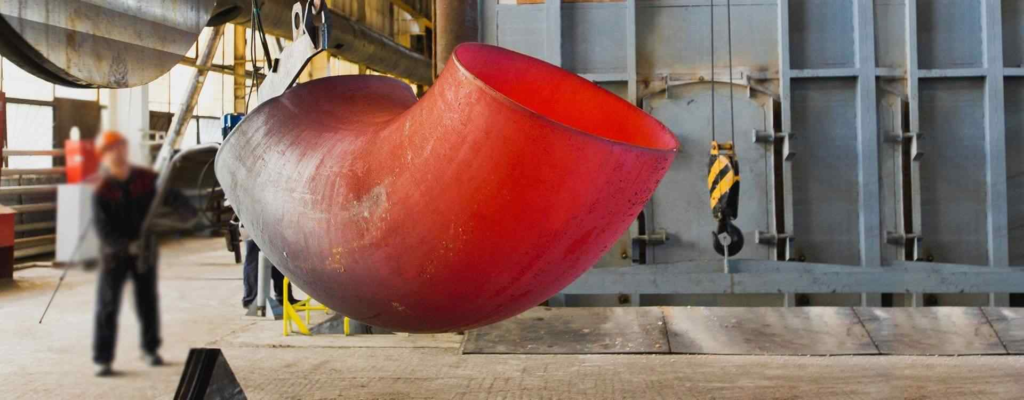Stainless steel 316 fasteners are vital components in numerous industries due to their outstanding corrosion resistance, strength, and ability to perform well under high temperatures. These fasteners are particularly favored in marine, chemical, and food processing applications. As the demand for durable and reliable fastening solutions continues to grow, understanding the options available in the market becomes crucial. This comprehensive guide explores the types of stainless steel 316 fasteners, their benefits, and factors to consider when choosing the right suppliers and manufacturers.
What Are Stainless Steel 316 Fasteners?
Stainless steel 316 fasteners are made from a specific alloy that contains molybdenum, enhancing their corrosion resistance compared to other grades. This makes them ideal for use in harsh environments, including coastal areas and chemical processing facilities. Common types of stainless steel 316 fasteners include:
- Bolts: Available in various sizes and lengths, bolts are typically used in conjunction with nuts and are essential for creating strong mechanical connections.
- Nuts: Designed to pair with bolts, nuts secure components together and can be found in different shapes and sizes to fit various applications.
- Screws: Often used for fastening materials without the need for nuts, screws come in numerous designs, including self-tapping and machine screws.
- Washers: These flat disks distribute load and prevent loosening by providing a smooth surface for the fastener.
- Studs: Studs are threaded rods that provide anchorage in various applications, particularly in the construction and automotive industries.
Benefits of Stainless Steel 316 Fasteners
- Corrosion Resistance: Stainless steel 316 fasteners are highly resistant to rust and corrosion, making them suitable for use in moist or chemically aggressive environments.
- Strength: The molybdenum content in 316 stainless steel enhances its tensile strength, allowing it to withstand heavy loads and stresses.
- Temperature Resistance: These fasteners perform well at elevated temperatures, making them suitable for applications in high-heat environments.
- Durability: Stainless steel 316 fasteners have a long lifespan due to their resistance to wear and tear, reducing the need for frequent replacements.
- Aesthetic Appeal: The polished surface of stainless steel 316 fasteners provides a sleek appearance, making them suitable for visible applications.
Factors to Consider When Choosing Stainless Steel 316 Fasteners Manufacturers
- Application Requirements: Consider the specific needs of your project, such as environmental conditions, load-bearing requirements, and temperature ranges.
- Quality Standards: Ensure that the fasteners meet relevant industry standards and certifications, which guarantee their quality and performance.
- Customization Options: Some stainless steel 316 fasteners manufacturers offer custom fastener solutions tailored to your project’s unique specifications. Consider whether this is necessary for your application.
- Supply Chain Reliability: A reliable supplier and manufacturer should have a robust supply chain to ensure timely delivery and consistent product availability.
- Pricing: Compare prices among different stainless steel 316 fasteners manufacturers to ensure you are getting competitive rates without compromising quality.
Conclusion
Stainless steel 316 fasteners play a crucial role in various industries due to their excellent properties and versatility. By understanding the different types of fasteners available and their benefits, you can make informed decisions for your projects. Whether you’re in construction, manufacturing, or any other field that requires reliable fastening solutions, stainless steel 316 fasteners offer durability and performance that can meet your needs. Make sure to consider the factors outlined in this guide when selecting a supplier and manufacturer to ensure you receive high-quality products that will stand the test of time.



